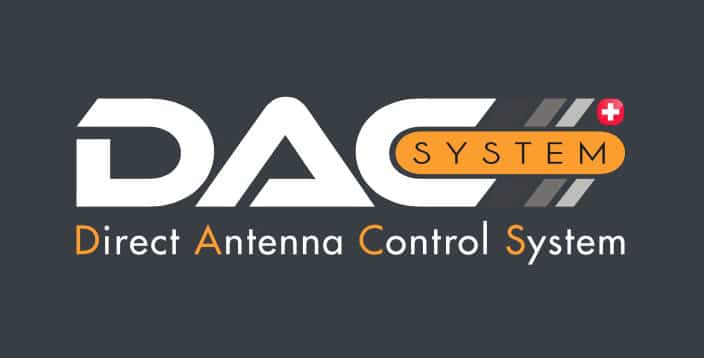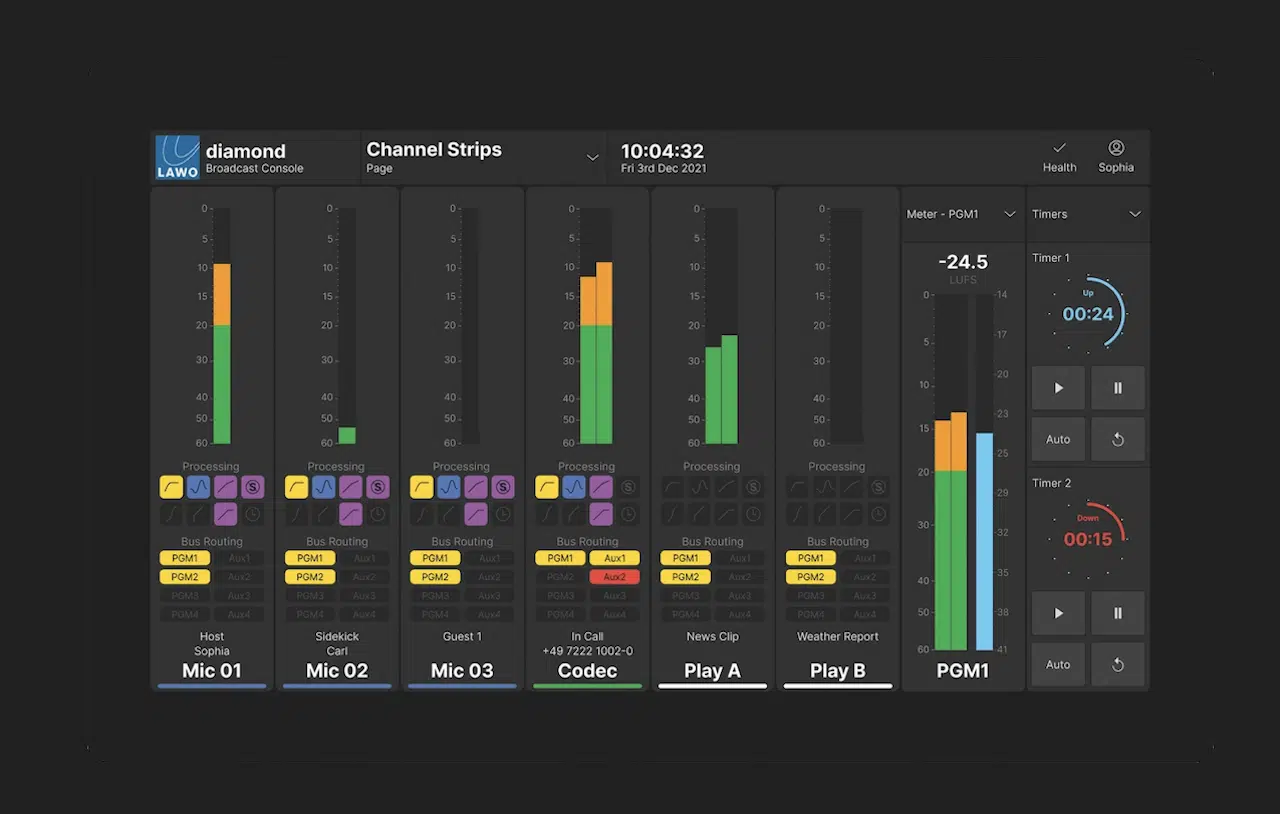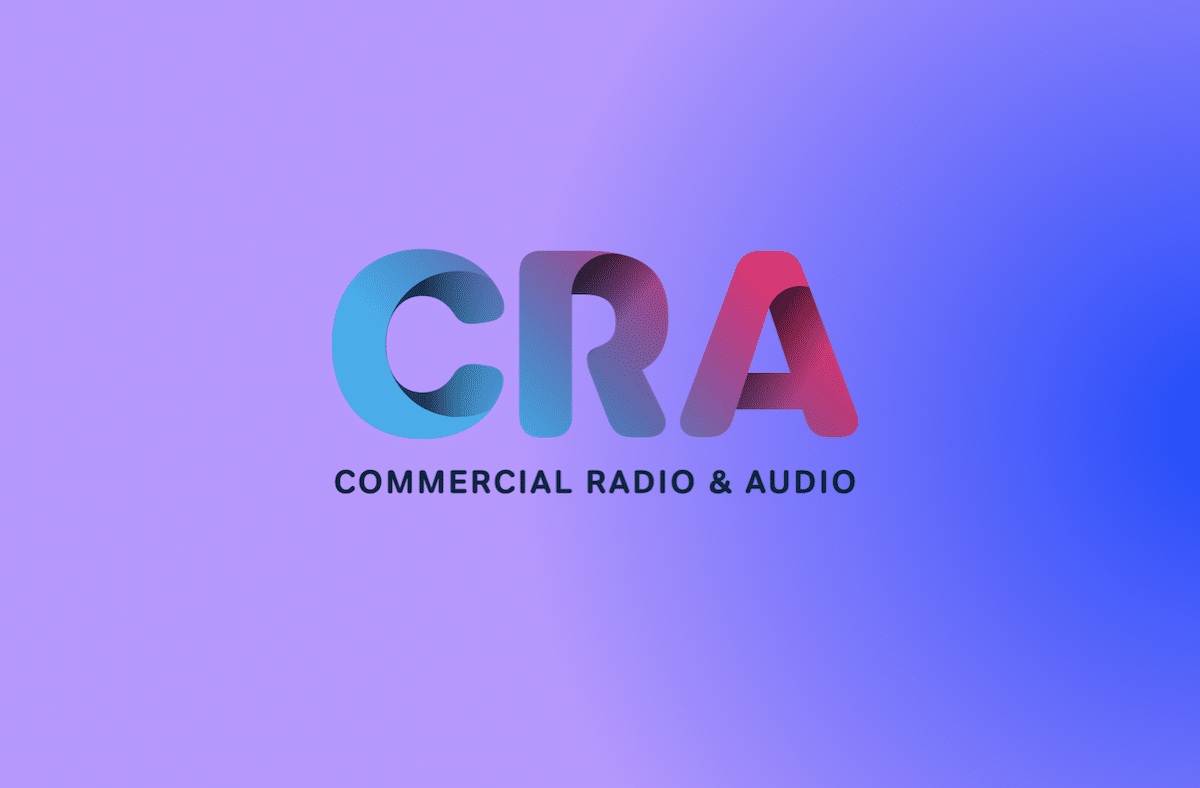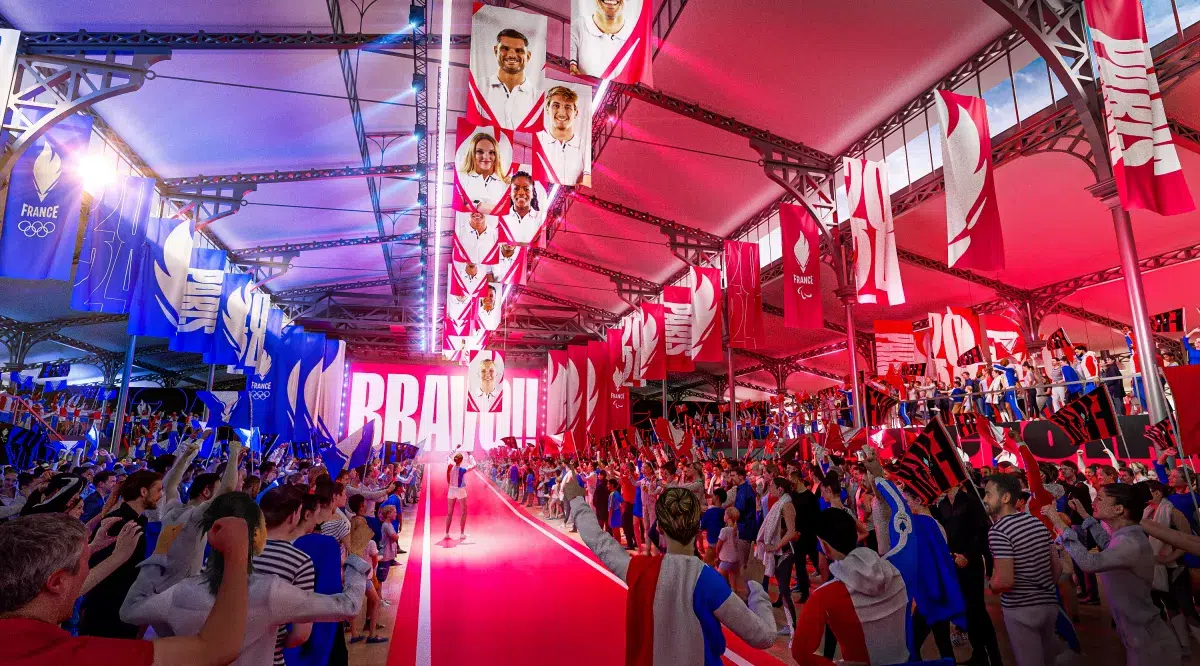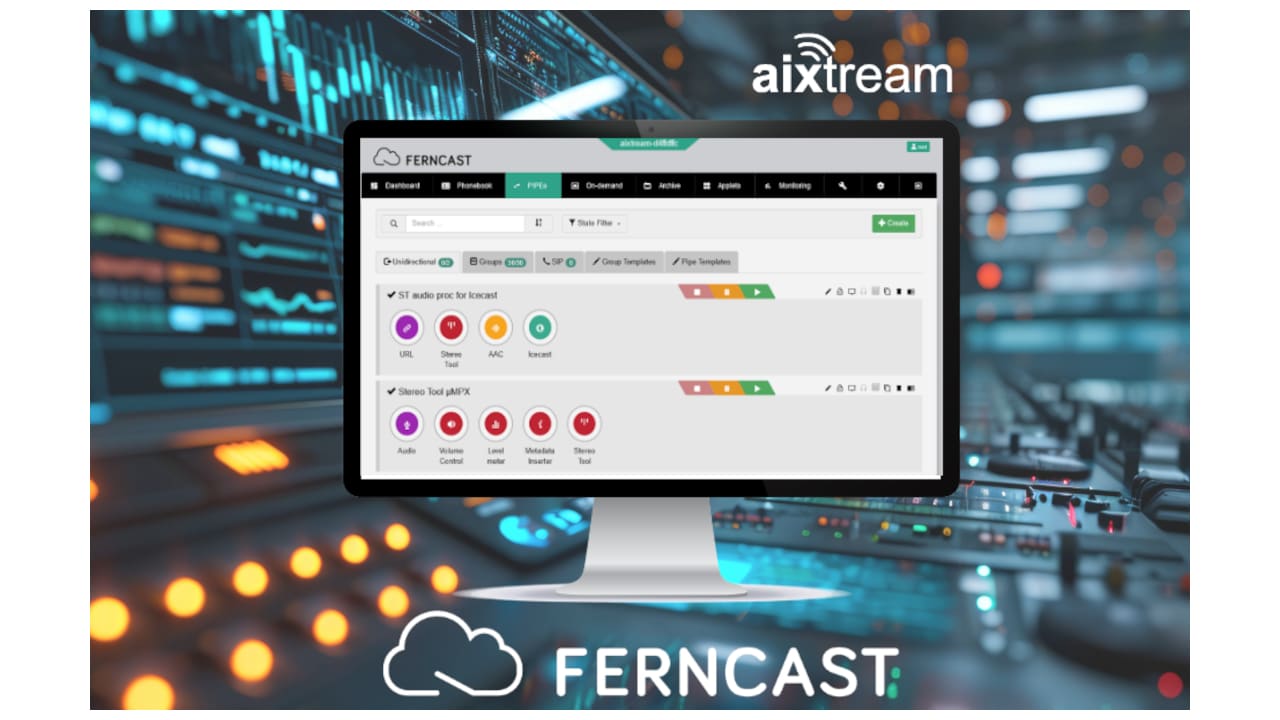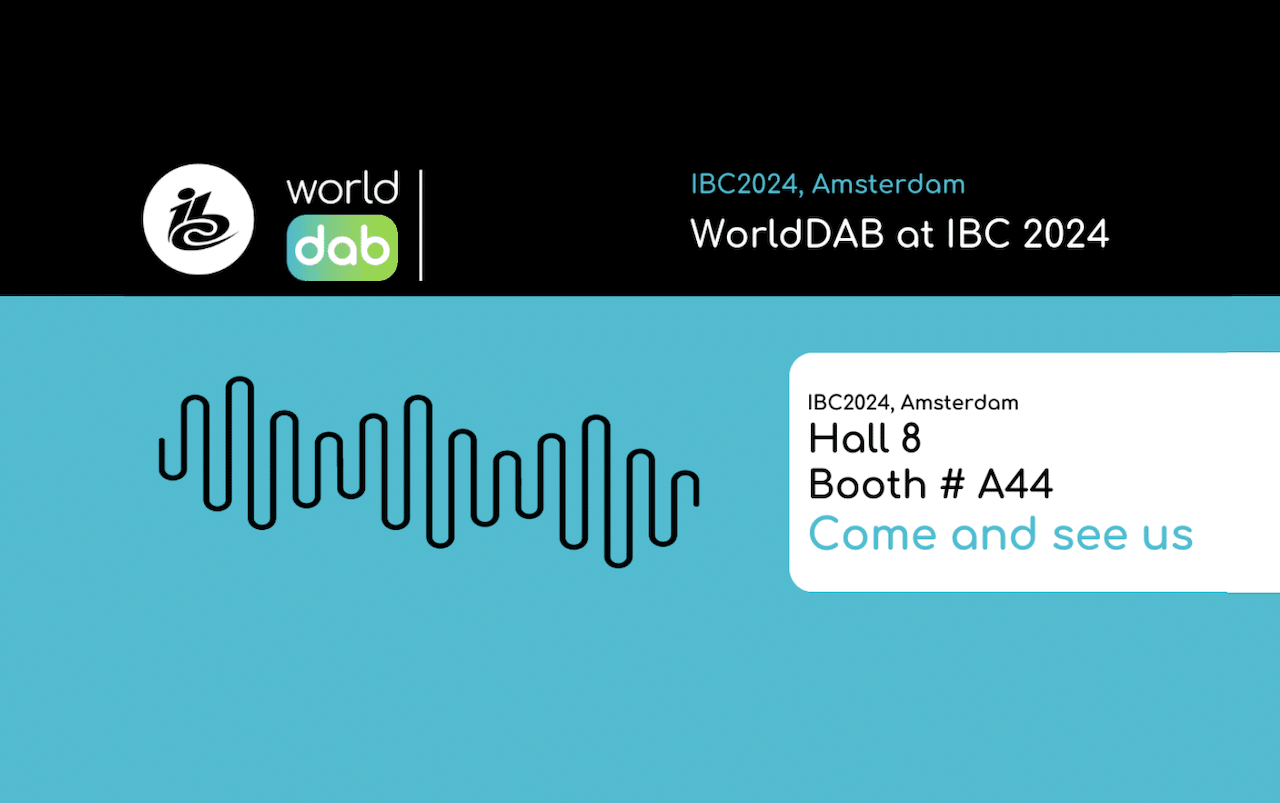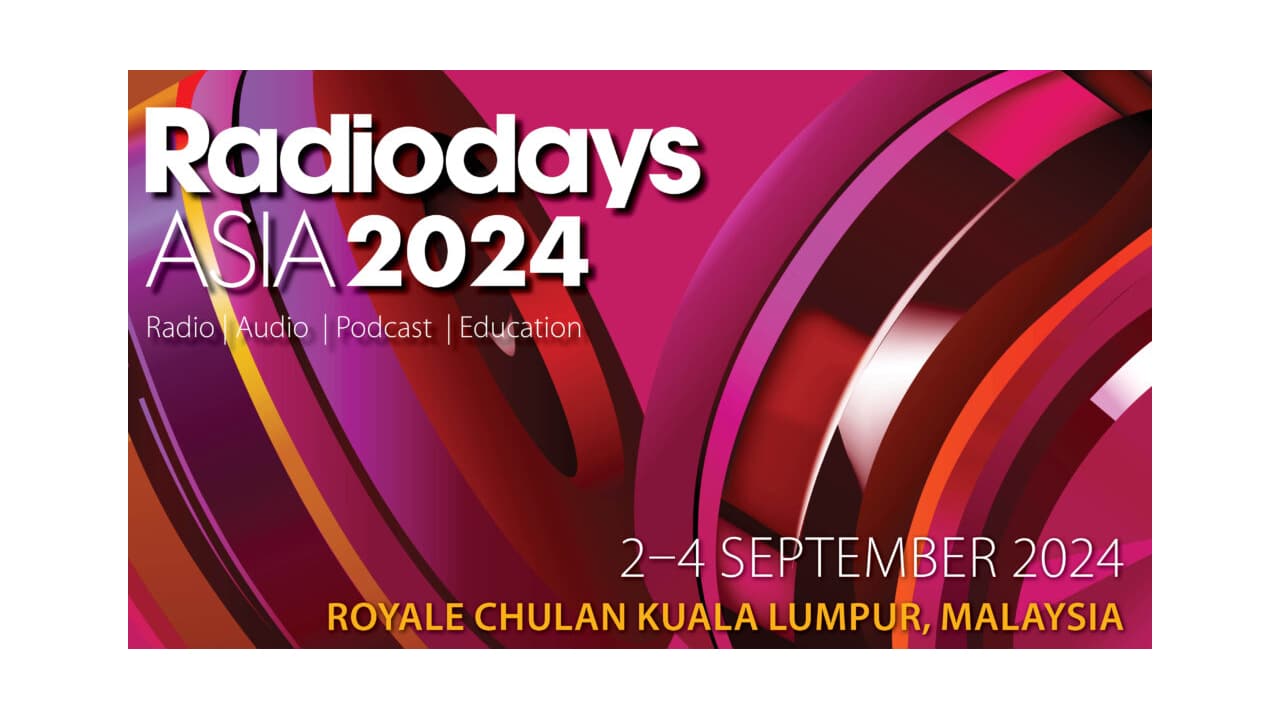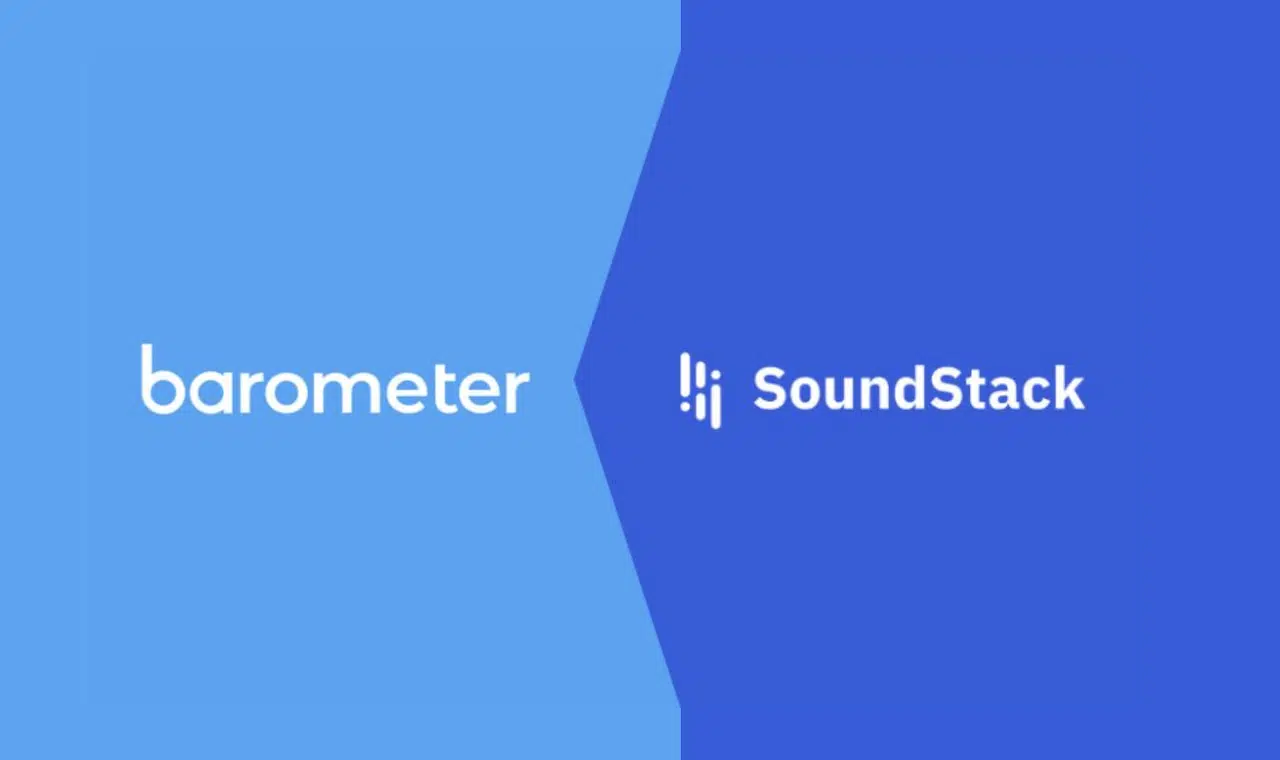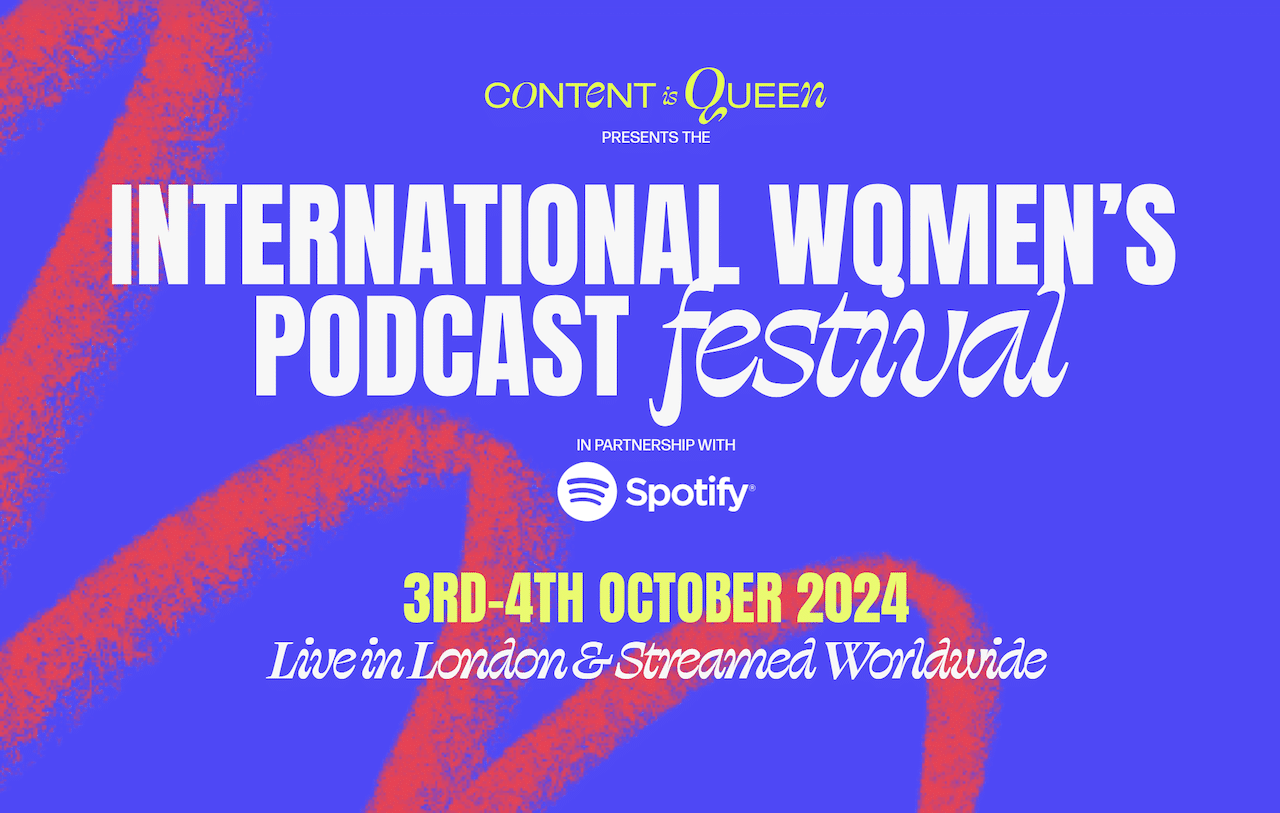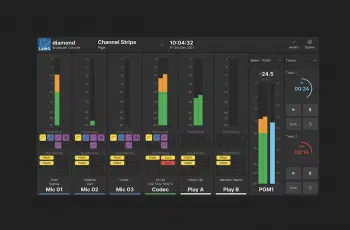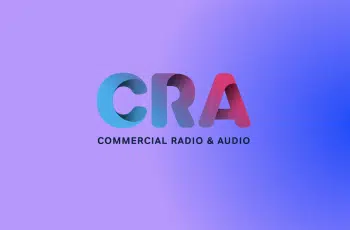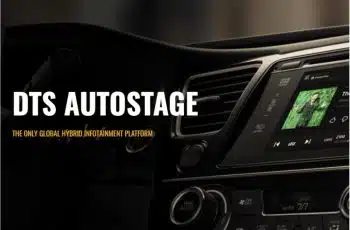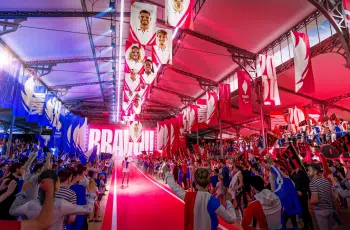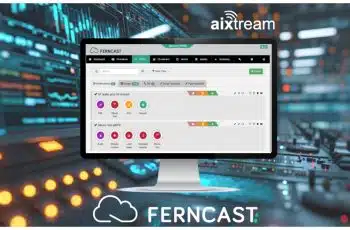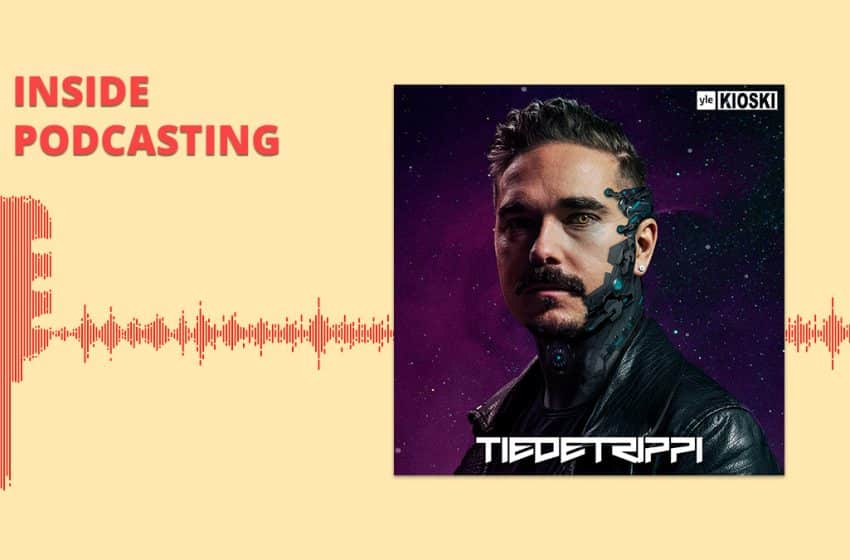
Podcasting Science
When it comes to podcasting, using a story format demands a writer’s eye and a broadcaster’s ear. In this edition of Inside Podcasting, we learn how Finnish journalist Henry Tikkanen has taken on the extra challenge of telling the story of science.
HELSINKI, Finland — I am unsure if I chose podcasting or if it chose me. I have worked for the Finnish Broadcasting Company, Yleisradio Oy (Yle) for over 10 years as a TV and linear radio journalist and host of an entertaining current news program.
In 2017, I started working with science-related videos. However, after a couple of years, my department realized we had insufficient resources to do high-quality content week in and week out, so I tried to figure out how we could bring something new in the field of popular science using less money. As a former radio host, doing a podcast seemed a rational and natural way to go, especially because it didn’t require that much of a budget compared to video format content.
I tried hard to find a reference point for my podcast, but I couldn’t find any. Of course, many successful science-related podcasts were running in other countries, but not what I had in mind. I wanted to make episodes that would feel like a captivating movie experience with informative content. I didn’t want to teach the listeners, but instead make them feel.
I didn’t want to teach the listeners, but instead make them feel.
In 2020, the first episode of Tiedetrippi (Science Trip) finally aired, and two years later, the podcast has almost three million plays in a country of 5.5 million people. There are 46 episodes now, but more are coming because of rising demand.
At the beginning of building the podcast, I didn’t know how the audience would accept it, but it turned out to be a massive hit. It also turned out that I had the right skill set for this kind of show. I have a master’s degree in history of science and ideas, so I understand the context. I have worked in radio, so I know how to present myself in audio. I have an undying interest in movies and drama, which allowed me to develop a unique style of storytelling.
EQUIPMENT
Mic: Neumann U 87
Preamp: Focusrite RedNet 2XP
Recording and editing: Pro Tools
Interview recording: Smart phone sound recorder and internal mic
Post-processing: Avid plugins, Izotope Neutron EQ, Oeksound Soothe2, Izotope RX 7 and Altiverb 7
Challenges and pitfalls
The biggest challenge has been the massive workload of writing the content. I do all the research and interviews, and I am the podcast’s narrator. The production schedule is tight and doesn’t fit well with creative writing, which is the most important part of the job.
The problem is I really can’t share the burden of the different work phases. If I couldn’t absorb all that material into my brain, I couldn’t write such captivating stories. I believe in the power of details. If you start overlooking the details, then the big picture ruptures piece by piece. If you take the wrong path without knowing it, it’s a slippery slope from there on.
The biggest challenge has been the massive workload of writing the content.
We have all seen bad movies with lousy scripts — it’s easy to spot lazy writing. A podcast’s story format is very challenging if you do a lot of episodes with different topics. If the bar is high, you have to reach it every time. That’s the reason I choose all the topics myself. My work is very much like writing a book in the sense that I have to put something of myself into it.
My advice for would-be podcasters wanting to use a story format is that it requires a lot of work. Writing meaningful content is only possible when you put enough thought into the work; that is easier to be said than done. You have to enjoy it.
If you want to do a podcast about science, it is paramount that you understand the context well. The best way is to connect with experts and ask them to teach you. Ask all the stupid questions. Know what you don’t know to avoid the wrong assumptions. There are a lot of pitfalls when it comes to popularizing science.
The author is a Finnish science journalist and a podcaster. His podcast (in Finnish) can be accessed via Tiedetrippi in Yle Areena.


